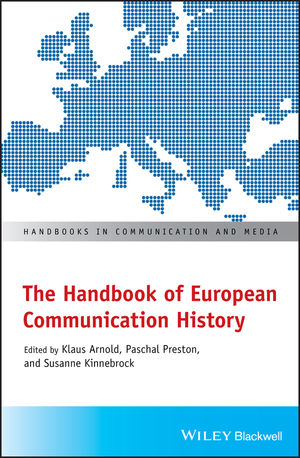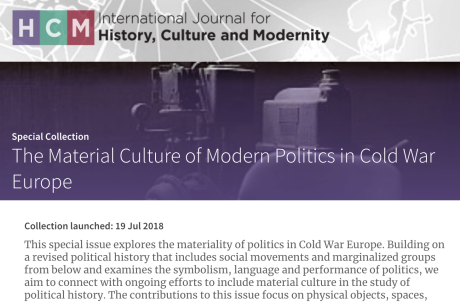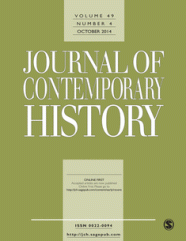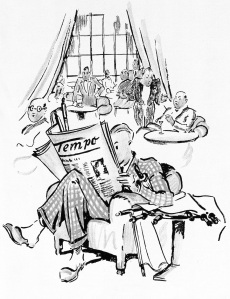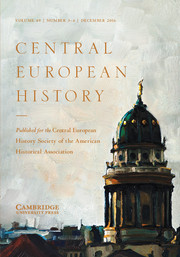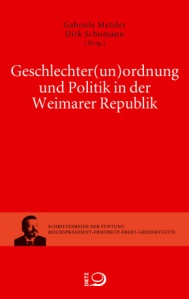Modernization, Democratization and Politicization: Mass Media in 1920s Europe
1920s Europe witnessed the development of a “mass media ensemble” of press and illustrated magazines, radio, and sound film, which, as Axel Schildt (2001) has argued, remained stable until the proliferation of television in the 1960s. While the differences between the national “versions” of this ensemble were profound a number of factors were found across 1920s Europe: first, where the press had been the dominant mass medium, it retained this role expanding its reach and diversifying its product range, but it also was subjected to increased economic pressure and concentration. Second, radio rose as the new mass medium of the 1920s. In most European countries, the state played a central role in its establishment, but the result was often not straightforward state control but a hybrid model, particularly in the United Kingdom, Sweden, and the Netherlands. While radio programming differed considerably, the conception of radio as a tool of public education (often modeled on ideas of “high culture”) seemed to be a European‐wide approach.
